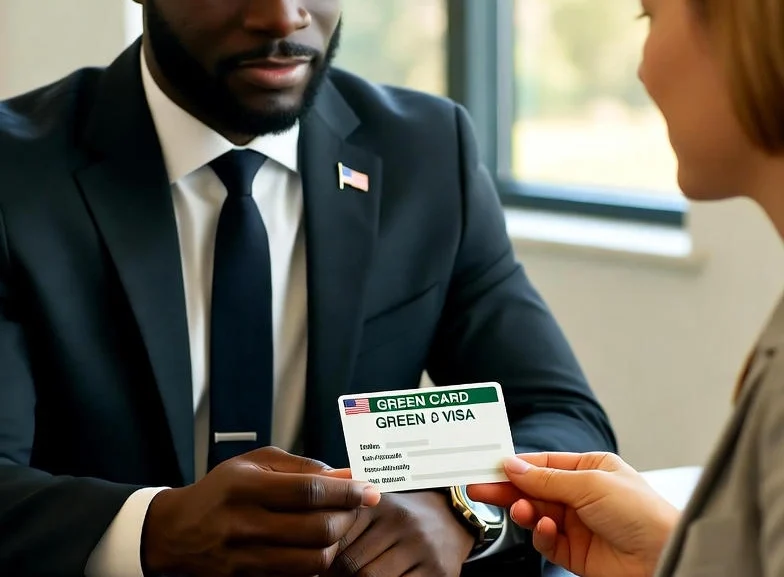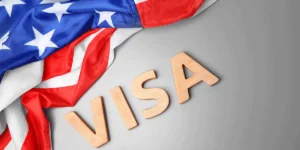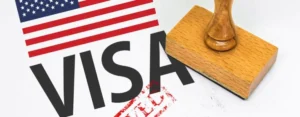How do I get a police verification certificate for a US visa? This is a question many people are asking as they prepare for their visa interview. When applying for a U.S. visa—whether it’s for work, study, or immigration—one of the most important documents you might be asked to present is a Police Clearance Certificate (PCC), sometimes referred to as a Police Verification Certificate.
This document serves as official proof that you have no criminal record or that any criminal activities associated with your name have been duly recorded and verified by the police authorities in your country.
In simple terms, it’s the government’s way of confirming that you’re a law-abiding citizen fit to travel or migrate to the United States.
However, the process of getting a police verification certificate for a U.S. visa can seem complicated if you don’t know where to start.
As you read, we’ll walk you through everything you need to know—from who needs a PCC, how to apply, and where to obtain it, to how long it takes and what common mistakes to avoid. But first, who needs a PCC for a USA visa?
Who Needs a Police Verification Certificate for a U.S. Visa?
Not everyone applying for a U.S. visa will be required to submit a police clearance certificate. The need for a PCC depends on the type of visa and your personal circumstances. Here’s how it generally works:
-
Immigrant visa applicants (green card applicants): You must submit a police clearance certificate from every country where you have lived for more than six months since the age of 16.
-
Fiancé(e) visa (K-1) applicants: A PCC is mandatory from every country where you have lived for more than six months since turning 16.
-
Non-immigrant visa applicants (like F-1, H-1B, or B-1/B-2): Usually, a police certificate is not required unless specifically requested by the U.S. embassy or consulate.
-
Diversity Visa (DV Lottery) winners: You must submit a police certificate from your country of residence and from all countries you have lived in for more than six months after age 16.
In short, if you’re applying for any immigrant or long-term visa, you’ll likely need a PCC. For temporary visas, it may only be needed if the consular officer requests it.
Where to Get a Police Verification Certificate
The issuing authority for a police clearance certificate varies from one country to another. However, the general options include:
-
Local Police Station: In many countries, you can apply directly at the police station in the area where you currently reside. You may need to submit identification documents, proof of residence, and passport copies.
-
Passport Office or Ministry of Foreign Affairs: In countries like India or Nigeria, police clearance certificates are often issued by the passport office or national identity agency. For instance, in Nigeria, the Police Criminal Registry in Alagbon, Lagos, issues PCCs.
-
Online Application Portals: Some countries offer digital services for police certificates through official government portals. For example, India provides the PCC service on the Passport Seva website, while the Philippines has the National Bureau of Investigation (NBI) Clearance system.
-
Embassy or Consulate (for citizens living abroad): If you are residing outside your home country, you can apply for a police certificate through your country’s embassy or consulate in your host country.
How to Apply for a Police Verification Certificate
The process may differ depending on where you live, but here’s a general step-by-step guide:
1. Gather required documents: Typically, you’ll need:
- A valid passport (original and copies)
- Proof of residence (utility bill, rental agreement, etc.)
- Two or more passport-sized photographs
- National ID card (if applicable)
- Application form (available online or at the issuing office)
2. Fill out the application form: Complete the form carefully, ensuring that your name, date of birth, and address match those on your passport. Inaccurate details can delay the process or result in rejection.
3. Submit fingerprints (if required): Some countries, like Nigeria or Kenya, require fingerprinting as part of the verification process. The fingerprints are then matched with police records to confirm your criminal history.
4. Pay the applicable fee: Fees vary from one country to another and can be paid online, via bank draft, or directly at the police office.
5. Processing and verification: Once your application is submitted, the police will conduct a background check using national databases and local police records. If no criminal record is found, the certificate will be issued.
6. Collection or delivery: You can collect your PCC in person, or it may be sent to your address or email, depending on the issuing authority.
How Long Does it Take to Get a Police Clearance Certificate?
The processing time can range from a few days to several weeks, depending on your country and the completeness of your documents. For example:
-
In India, it may take 7–21 working days.
-
In Nigeria, it usually takes 5–10 working days if applied in person.
-
In the Philippines, the NBI clearance can be ready within a week.
If you are applying from abroad, expect longer processing times because the request must be sent through diplomatic or postal channels.
You should note at this point that a PCC does not have a fixed universal validity period. However, for U.S. visa purposes, the certificate is typically considered valid for one year from the date of issue or until you leave the country where it was issued for more than a year.
If your stay extends or circumstances change, you may need to obtain a fresh certificate.
READ ALSO:
Common Mistakes to Avoid when Applying for a PCC
-
Using incorrect personal details: Even small spelling errors in your name or address can lead to rejection.
-
Submitting expired identification documents: Always ensure your passport and national ID are valid.
-
Applying too late: Start the process early, as delays can affect your visa interview timeline.
-
Not checking the specific U.S. embassy requirements: Each U.S. embassy or consulate may have slightly different document requirements. Always verify before applying.
-
Ignoring countries of previous residence: Remember that if you’ve lived in multiple countries, you must get police clearance certificates from all relevant jurisdictions.
Obtaining a police verification certificate for a U.S. visa may seem like just another bureaucratic step, but it’s a crucial one. This document reinforces your credibility and assures U.S. immigration authorities that you have a clean legal record.
While the process may differ depending on where you live, the key is preparation—gather your documents early, follow official channels, and ensure all your information is accurate.
By staying organized and understanding the specific requirements for your visa category, you’ll not only save time but also avoid unnecessary stress.
A valid police clearance certificate is your official pass to a smoother U.S. visa journey, ensuring that nothing stands between you and your travel or immigration goals.




